Many of today’s drugs have an herbal origin, and the 19th and 20th-century pessimism about the achievements of traditional medicine has no meaning anymore. By examining thousands of plants, scientists around the world still hope to be able to discover the substances and how the plants affect various diseases and after verifying their findings in the laboratory, try them in various clinical trials. Centuries ago, saffron was not only known as a joyful and anti-depressant spice. Could this plant, as some believe, promise to treat tumors and inhibit cancer cells? Let’s review some studies trying to examine saffron benefits and anticancer properties.
Magic active constituents
Saffron is made up of more than 150 substances. Most studies on saffron anticancer properties have focused on the effect of its three active constituents saffronal, crocin, and crocetin.
Effective in several cancers
Many studies indicated that Crocin and Crocetin can inhibit tumor growth in several cancers—including colorectal, pancreatic, breast, and prostate—as well as chronic myelogenous and leukemia is supported by accumulating scientific evidence.
For example, one study found a sharp and significant reduction in the proliferation of colon cancer cells, to as low as 2.8% of the rate seen in untreated cells, when they were treated with either saffron extract—or Crocin.
A similar result has been witnessed in non-small cell lung cancer and breast cancer cells in culture.
Crocin, also inhibits the migration, invasion, and epithelial-mesenchymal transition of gastric cancer cells.
Proliferation of pancreatic cells in culture stopped when they were exposed to Crocetin in another study. In live studies on mice, marked regression of pancreatic tumors (emerged by direct injection of aggressive pancreatic cancer cells) was observed when they were exposed to Crocetin.
It is important to note that no damage occurred in healthy, normal cells in none of these studies.
Powerful Antioxidant Activity
A study conducted at the University of the United Arab Emirates indicated that saffron’s antioxidant properties can protect the liver from the progression of cancer and carcinogens such as Diethylnitrosamine or DEN in tobacco, cosmetics, gasoline, and Processed foods.
Liver cancer is an increasing public health concern, especially in people born in the Baby Boom generation. A growing number of toxins in our daily environment plus the increasing spreading of the hepatitis C virus could be the cause of this concern.
A two-week pretreatment course of saffron significantly reduced the number and size of cancerous nodules developing in the rats’ livers, were given a powerful chemical that produces liver cancer. Sub-microscopic study of the affected cells showed that saffron achieved this effect by sharply reducing the levels of oxidant and inflammatory signaling that contributes to malignant cell growth and also by causing apoptosis, which leads to stopping tumors from growing.
Another study proved that Cocetin can reduce the activities of the enzymic antioxidants and glutathione metabolizing enzymes in B(a) p-induced animals.
The mechanisms
Saffron anticancer skills draw from different mechanisms. One of those fighting skills of the most expensive spice in the world is that it inhibits RNA and DNA synthesis, apoptosis induction, self-renewal gene expression reduction, topoisomerase inhibition, cell proliferation inhibition, immune modulation, DNA fragmentation, Metalloproteinase and Urokinase modulation, and cell growth reduction. Compared to healthy counterparts, cancerous cells are more sensitive to the preventive effect of saffron on DNA, RNA, and protein synthesis.
Saffron is involved in tumor prevention and the protection of normal cells through eradicating free radicals, detoxification, inhibition of angiogenesis, inhibition of tumor invasion, tumor formation restriction, and lipid peroxidation regulation.
An important point is that the anticancer function of different saffron compounds increases synergistically, so saffron extract might have more anticancer power than its compounds.
The precursor function of vitamin A in saffron can also be an antioxidant source.
Selective and nontoxic
The remarkable point about the anti-cancer function of saffron is that it selectively targets cancer cells, while its components have low toxicity. Using more technical words, Tavakkol-Afshari et al.carried out a study in 2008 concluding ethanolic extract of saffron had a selective cytotoxic effect on epithelial cells like hepatocellular carcinoma and HeLa cell line, while it had no toxicity on normal fibroblast cells in rats.
Singularly, saffron even can reduce the toxic effects of anti-cancer drugs. So, the superiority of saffron over conventional anti-cancer drugs is that it has kind smart curative, preventive effects on cancer cells with no side effects on normal cells.
It is noteworthy that saffron has toxicity effects when used in high dosages, which are far greater than those used in human food culture. if you use 1.5 grams of saffron threads per day you won’t face any adverse effects. In case of consuming more than 5 grams of this luxury spice a day can cause complications such as nausea, vomiting, diarrhea, bleeding, hematological changes, and hepatic and renal toxicity.
No clinical studies on the anticancer potential of saffron
Numerous studies on the anticancer properties of saffron extract have been done, but no human clinical trial has been conducted to define the anti-cancer effects of saffron or its components. Such studies have been conducted on the effects of the saffron extract on other diseases such as allergic asthma, resolution of inflammation in the metabolic syndrome, mild/moderate age-related macular degeneration, diabetic maculopathy, improving sleep quality, attention deficit, and mild to moderate depression.
Saffron proved to be efficient in animal models of cancer, especially in skin, sarcoma, and gastric cancers, its anti-cancer and cancer-preventive abilities, which can be related to its antioxidant and apoptotic function in cancer cells, also, determine the effective dose and effect mechanism of saffron in various animal model cancers requires further studies.
In the absence of clinical trials, it would be difficult to extrapolate the findings of experimental studies on animals to humans and, consequently, to define the proper dosage for humans; So, we need to wait for the human clinical trials studies in this field.
Antitumor effects of saffron in human prostate cancer
Mohammad Khan et al. carried out a study to investigate the antitumor properties of Crocin, Safranal, and Crocetin (as the main active components or metabolites of saffron) in treating one of the prevalent cancers among men; prostate cancer. To extract these metabolites, researchers ground saffron threads (Crocus sativus stigmas) in liquid nitrogen. Testing the different dose responses of saffron extract (0 to 4 mg/mL) on prostate cancer cells in vitro (outside the body often in a test tube), they observed significant antitumor effects of saffron at 4 mg/mL concentrations in those cells.
The limitation of in vitro findings of the study on prostate cancer is that they cannot be extrapolated to in vivo (in a living organism) human conditions, for the following reasons:
*The amount used in this study may not be biologically efficient for human bodies. If such a small amount of saffron is ingested in humans, only a portion of the active metabolites may cross our wall of the digestive system known as the gut wall.
*These three magical metabolites of saffron will be diluted in the blood and lymph volumes and hence the resulting concentrations will be very low.
*Most of the compounds will be metabolized before they can reach the prostate cells, and some of these metabolites will be inactive.
Mohammad Khan et al. concluded that their observation of the anti-tumor effects of saffron extracts in prostate cancer cells supports previous studies of the multiple molecular mechanisms that saffron metabolites use to exert biological effects upon cancer. Given the effects of saffron extract, they, also, recommended more studies to fully elucidate the anti-tumor properties of saffron in prostate carcinogenesis.
In conclusion
Saffron’s selective toxicity and preventive effects on cancer cells are proven in different tests and unlike conventional anticancer drugs the red gold has no side effects on normal cells. Saffron extract as a natural anti-tumor fighter develops this battle precisely and smartly meaning it selectively targets only cancer cells. Besides, it indicated a protective effect on normal cells against the toxicity of anticancer drugs.
Ghaaneh brand is proud to help you adopt a healthier lifestyle by providing you access to fresh Iranian saffron with the highest amount of active ingredients such as Crocin and Crocetin.
FAQs
Can saffron prevent or treat cancer?
Saffron has shown promising results in animal models of cancer, particularly in treating skin, sarcoma, and gastric and prostate cancers.
What is the mechanism of treating cancer with saffron?
Its anti-cancer and cancer-preventive abilities are believed to be related to its antioxidant activity and apoptotic function in cancer cells. However, further studies are needed to determine the effective dose and mechanism of saffron.
Does saffron have any adverse effect on normal cells?
No study has witnessed any toxic effect on saffron. It selectively attacks cancerous cells while playing a protective role for normal ones against the toxic effects of conventional anti-cancer drugs.





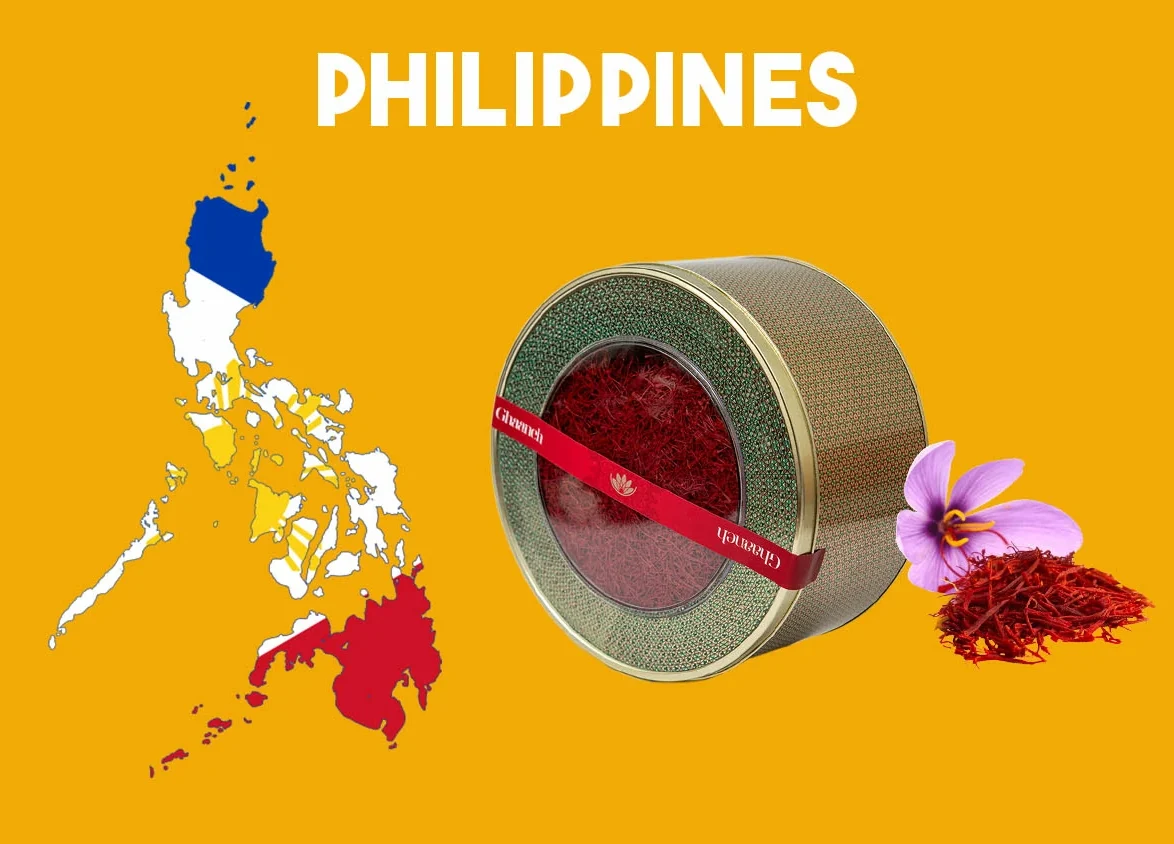
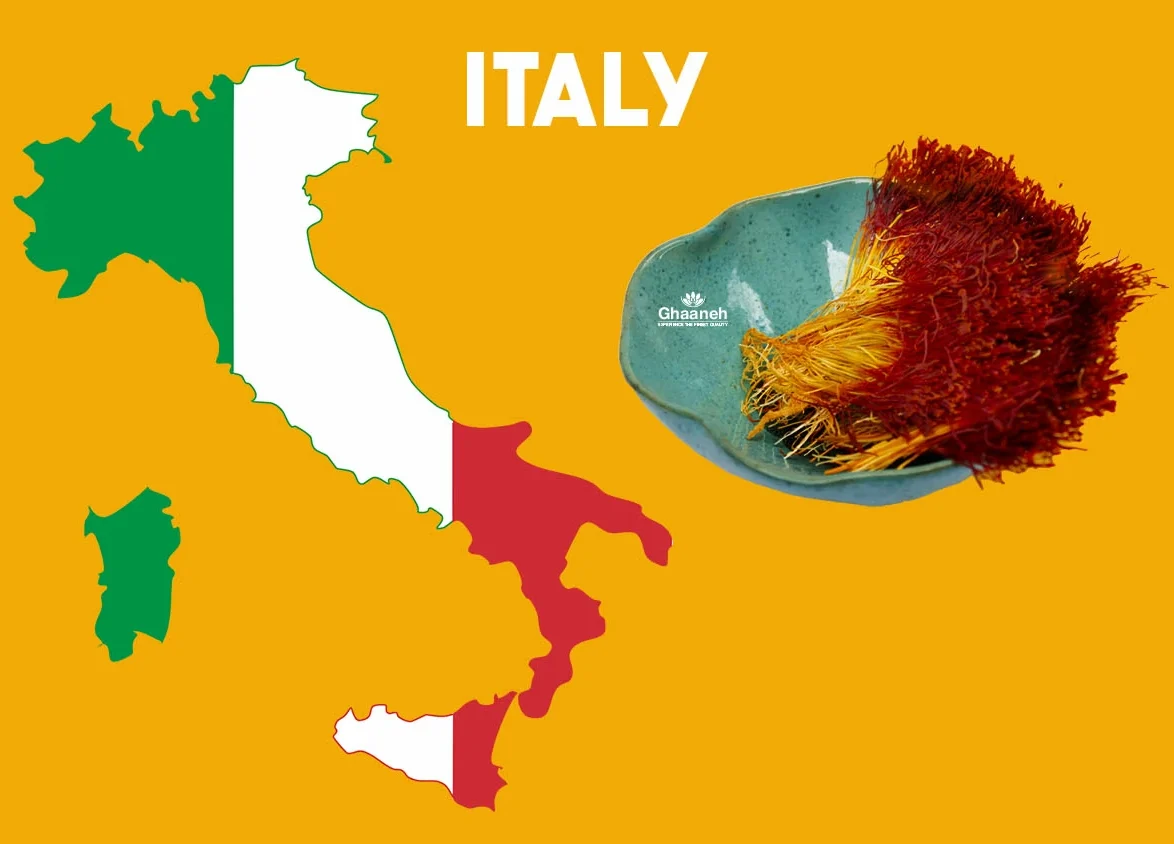


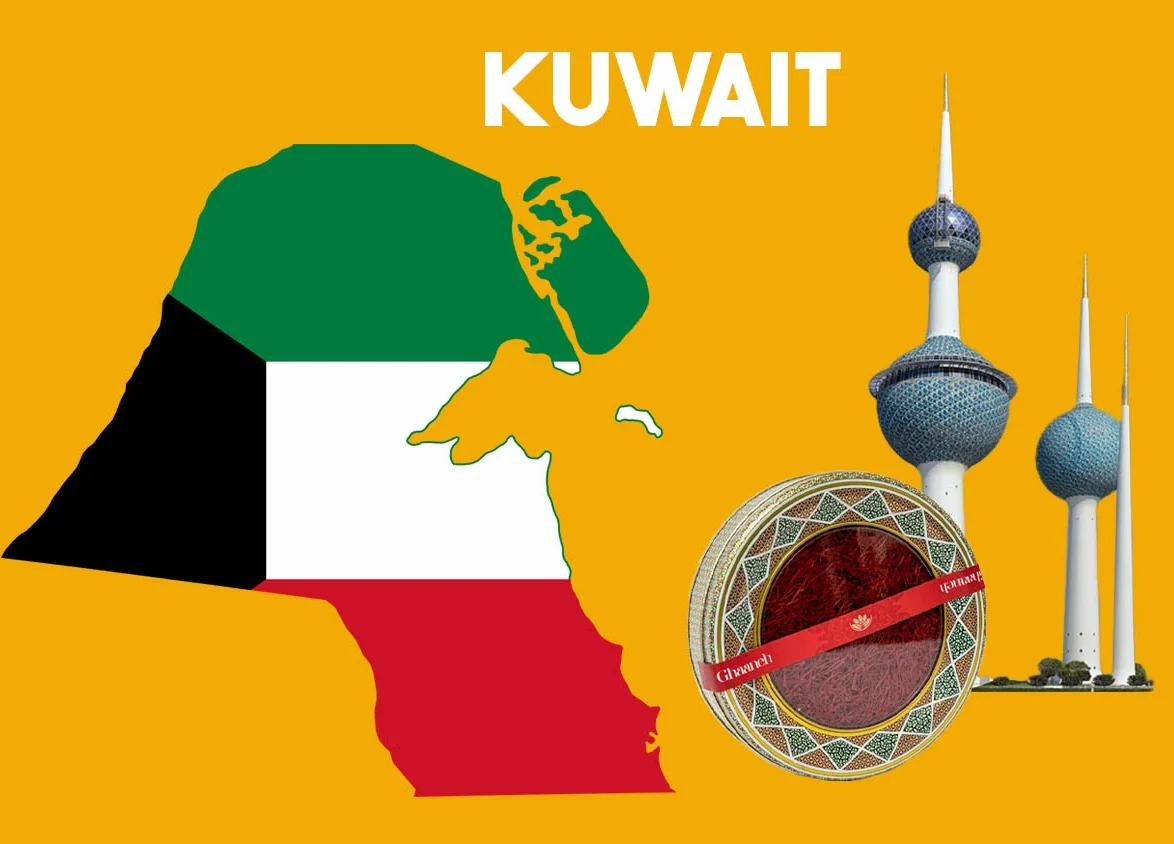
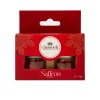
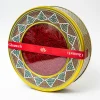
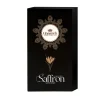
Pingback: Everything about Saffron Extract: Doses & Effects
Pingback: Defying 9 Cancers with a pinch of Saffron!
Pingback: Saffron Nutrition, Dosage of Use & Side Effects
it was my first time stumbling on your website, i must say you got a great talent in writing.
Need not to say this was a great read!
cancer is not curable unfortunately but i have heard that saffron would greatly reduce it symptoms, although i know that doctors might disagree but I must tell you my doctor recommended it and since then my little son have been in a better condition.
love have you gathered the benefits of saffron, and you have mentioned all your medical resources. so this was a very informative blog post for me. thanks!
cancer is quite a touchy subject, and it is very nice to have everything medically checked i saw that you have referenced everything quite nicely so i had a blast gaining trustful knowledge.